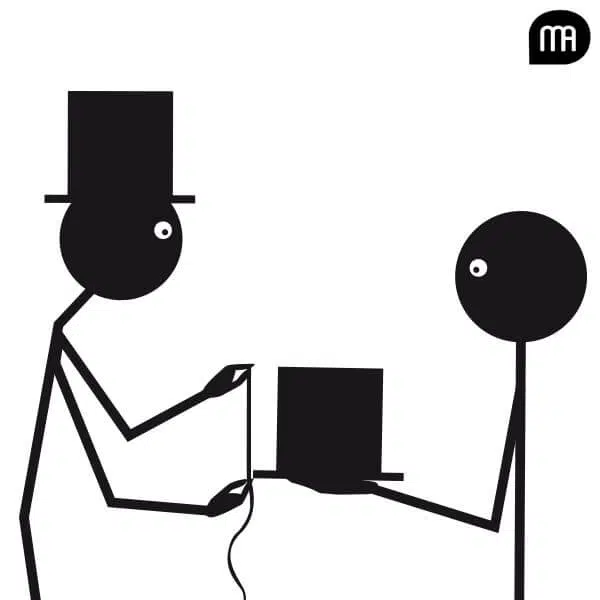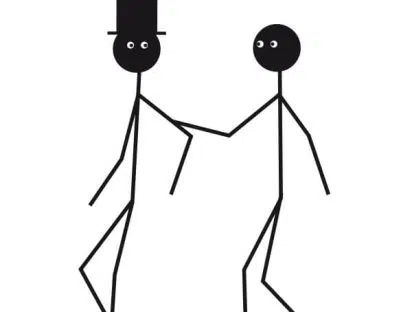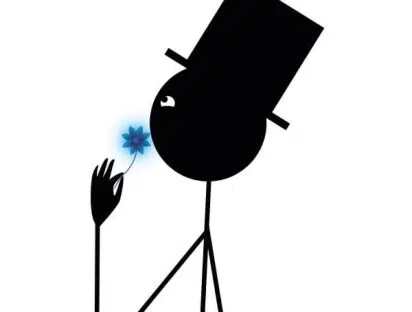
Words from the past decade
Let’s first have a look at the Words of the Year (WOTY) from two English language dictionaries: the Merriam Webster Dictionary and the Oxford English Dictionary (1). The Words of the Year in the Merriam Webster Dictionary reflect the research of the readers of this dictionary (2). They correspond, according to its terms, to the most popular words:
2019: They (“singular they”)
2018: Justice
2017: Feminism
2016: Surreal
2015: -Ism
2014: Culture
2013: Science
2012: Socialism + Capitalism
2011: Pragmatic
2010: Austerity
Words of the Year in the Oxford English Dictionary give particular importance to their cultural significance, even if their real effect sometimes seems to be short-lived because they are localised in space and time (3):
2019: Climate emergency
2018: Toxic
2017: Youthquake (“a significant cultural, political or social change that occurs because of the actions or influence of young people”)
2016: Post-truth
2015: LOL (the “Face With Tears of Joy” emoji)
2014: Vape (“to suck vapour from an electronic cigarette into your mouth and let it out again”)
2013: Selfie
2012: Omnishambles (UK: “a situation, especially in politics, which has been very badly managed, with many mistakes and a lot of confusion”) and GIF (US: “the abbreviation for ‘Graphic Interchange Format’ (a type of computer file that contains images and is used especially to make them appear to move”)
2011: Squeezed middle (the squeezed middle-class)
2010: Big society and Refudiate (US: “the word is believed to be a mixture of ‘refute’ and ‘repudiate;’ verb used loosely to mean ‘reject”)
How should we understand these annual lists? In 2016, the Cambridge Dictionary website pointed out to its readers that “global events are reflected in the words you look up on our site” (5), while in 2015, the president of Oxford’s dictionaries division argued that “a word is just the surface of something that often has a really complex and rich life underneath” (6).
“To be in good order” and “To live in accordance with”
What is the word or phrase in 2020 that could both express the “complex and rich life underneath” and have a “global” dimension? We think that “To be in good order” is a good candidate. It has the advantage of fitting in with the wishes we make at the beginning of the year. In this sense, it is not embarrassing that this expression has a normative dimension. According to the CNRTL’s French dictionary, “to be in good order” (Être en règle) is a state of affairs that means “in accordance with legal requirements, in a regular situation:”
“To be in good order is said of persons who have met legal or moral requirements.”
At first glance, “To be in good order” is not an attractive expression because it evokes coercion, obedience to an external norm. Correlatively, it suggests that fear of external sanction – a legal, moral or social sanction – is an important reason for compliance. It is to forget, however, that, by extension of the meaning of the expression, one can be in good order with ideas, gods, God, or one’s own conscience – “Being in good order with God, with one’s conscience,” the CNRTL proposes. What we can be in good order with can be represented in the form of nested circles. The way in which Stoic oikeiôsis – the natural attachment to oneself – extends beyond the self is an illustration of this. As Jacques Brunschwig explains:
“Oikeiôsis spreads, [it] extends from the ego to the alter ego, and from the present to the future. The human animal is programmed to feel instinctively in solidarity with others, first in the family circle, then, by concentric enlargement, to communities ever larger in space and time; a natural sociability, based on primitive self-love, binds it to the members of the same city, to those of the human species, to those, finally, of the total community of rational and divine beings. » (7)
Oikeiôsis is “the opposite of hostility, alienation, estrangement, indifference” (8). It contributes to the end of man, which consists in “living in harmony with nature” – the rational nature of the human being who is himself a part of the “great whole.”
A natural inner conviction
These links that naturally bring human beings together are affirmed in Utilitarianism, a book published by John Stuart Mill in 1863. In Chapter 3, he asserts that humanity rests on a “basis of powerful natural sentiment,” which “is that of the social feelings of mankind; [it is] the desire to be in unity with our fellow creatures” (9). At the end of the chapter, the readiness to promote the good of all becomes a “natural feeling,” an internal “conviction.” This conviction impels its possessor to act for the good, even in the absence of “external sanctions:”
“This it is which makes any mind, of well-developed feelings, work with, and not against, the outward motives to care for others, afforded by what I have called the external sanctions; and when those sanctions are wanting, or act in an opposite direction, constitutes in itself a powerful internal binding force, in proportion to the sensitiveness and thoughtfulness of the character; since few but those whose mind is a moral blank, could bear to lay out their course of life on the plan of paying no regard to others except so far as their own private interest compels.”
A person with such a conviction and with a “sensitive and thoughtful character” will, in a way, be “in good order.” Not only in good order with their conviction, which would be a way of describing only inner harmony, but in good order with a conception of the good, the good of all, conceived in the most inclusive sense, including, in particular, the last circle of oikeiôsis. One of the problems here is that one cannot only want to be that kind of person, “sensitive and thoughtful,” who, in all circumstances, thinks and acts for the good. Will counts, but it is not enough. This is one of the reasons it is not in vain to include the expression “To be in good order” among the good wishes for the year 2020. Alain Anquetil (1) We limit ourselves to these two dictionaries for reasons of space. In addition, we have preferred to select two institutions that have submitted one word per year, which, for example, is not the case for the Cambridge Dictionary. (2) “Words of the Year: A Decade in Review: The Words of the 2010s,” Merriam Webster, 8 January 2020. (3) See “Singular ‘they’ voted word of the decade by US linguists,” The Guardian, 4 January 2020. (4) “Word of the Year,” Oxford Languages. “Every year, we debate candidates for word of the year and choose a winner that is judged to reflect the ethos, mood, or preoccupations of that particular year and to have lasting potential as a word of cultural significance.” (5) “Cambridge Dictionary’s Word of the Year 2016” and “Cambridge Dictionary’s Word of the Year 2019.” (6) “Oxford’s 2014 Word of the Year Is Vape,” Time, 17 November 2014. (7) J. Brunschwig, “Les Stoïciens,” in Philosophie grecque, Paris, PUF, 1997. (8) P. Shorey, “Plato and the Stoic Oikeiosis in the Berlin Theaetetus Commentary,” Classical Philology, 24(4), 1929, pp. 409-410. (9) J. S. Mill, Utilitarianism, 1863, Collected Works of John Stuart Mill, ed. J. M. Robson. Toronto and London, 33 volumes, CW X, 1969. [cite]




